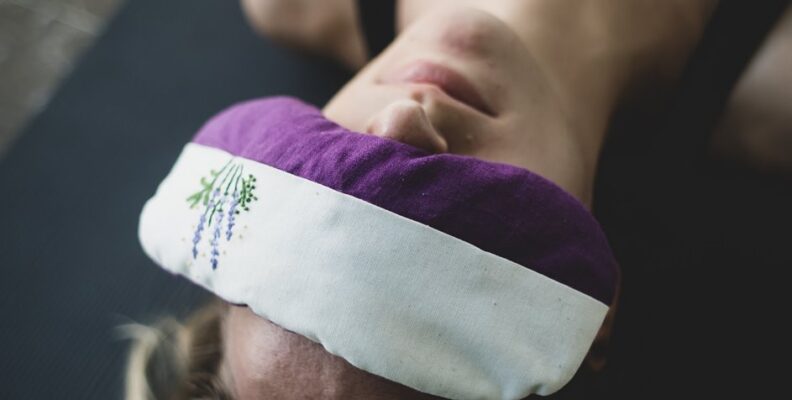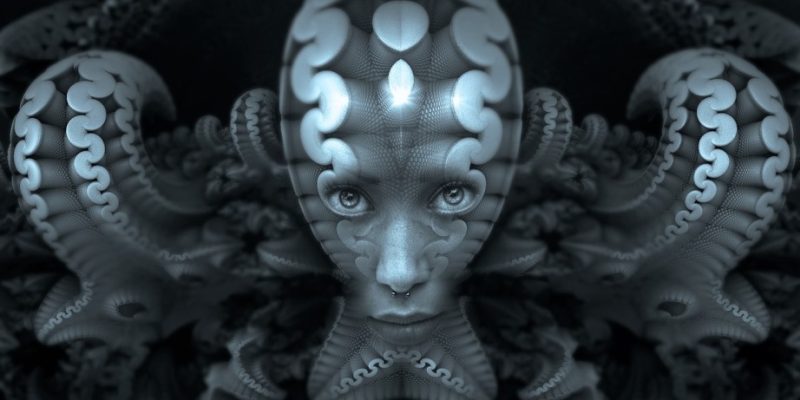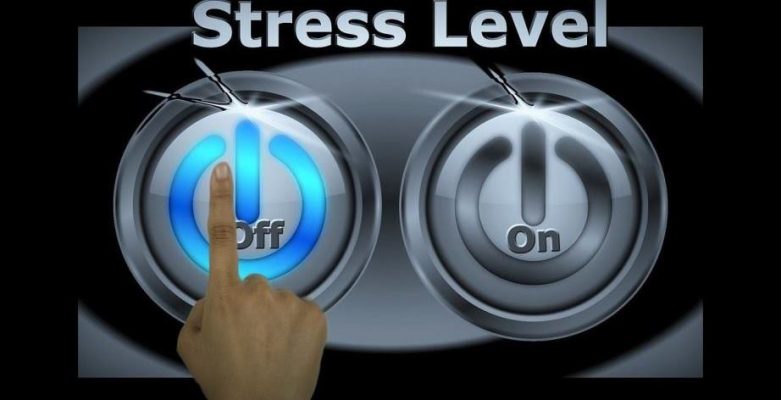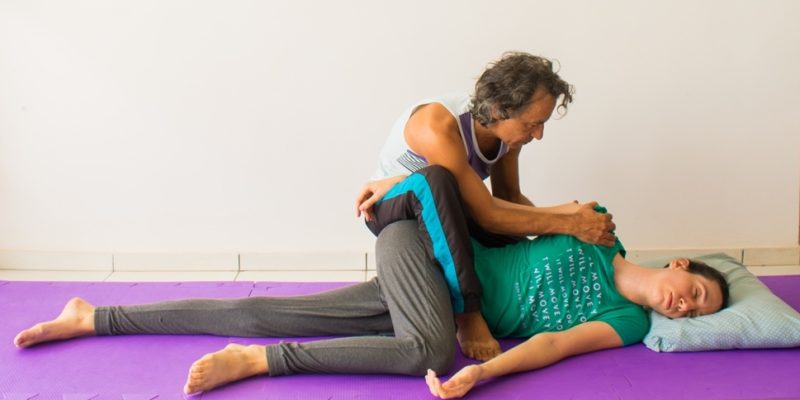Anxiety disorders, those insidious whispers of worry and dread, can cast a long shadow over our lives. They’re more than just fleeting nerves; they’re persistent, overwhelming, and can significantly impair daily functioning. Whether it’s generalized anxiety disorder (GAD), panic disorder, social anxiety disorder, or any other form, the struggle is real. Thankfully, there are effective strategies for treating anxiety disorders, allowing individuals to reclaim their peace of mind and live fuller, more fulfilling lives.
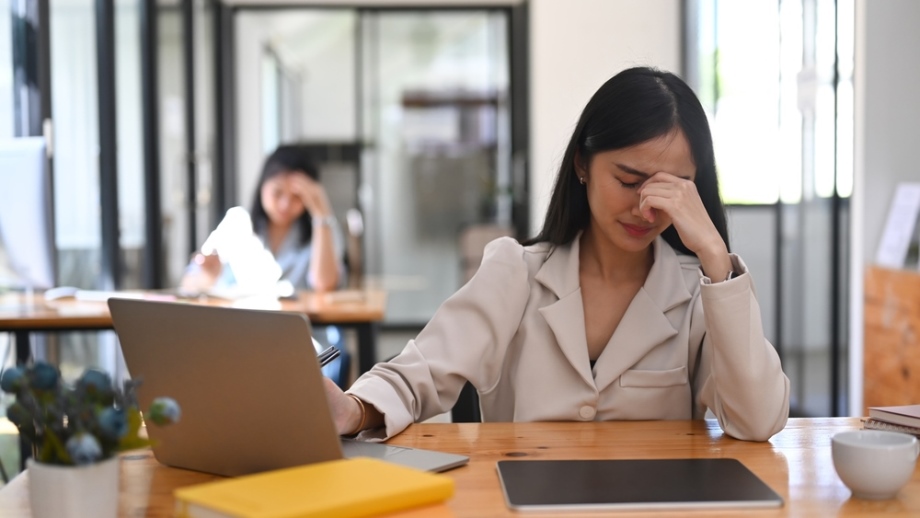
Understanding the Roots of Anxiety
Before delving into treatment, it’s crucial to understand that anxiety disorders are complex and multifaceted. They can stem from a combination of genetic predispositions, brain chemistry imbalances, environmental stressors, and learned behaviors. Recognizing the potential triggers and underlying causes is the first step towards effective management.
Therapeutic Approaches: Building Resilience and Coping Mechanisms
Therapy is often the cornerstone of anxiety treatment. Cognitive Behavioral Therapy (CBT) is particularly effective, helping individuals identify and challenge negative thought patterns that fuel anxiety. Through CBT, individuals learn to:
- Recognize and reframe distorted thinking: Anxiety often magnifies perceived threats and exaggerates negative outcomes. CBT helps individuals develop more realistic and balanced perspectives.
- Develop coping skills: Therapists teach techniques for managing anxiety symptoms, such as deep breathing, progressive muscle relaxation, and mindfulness exercises.
- Gradually expose themselves to feared situations: Exposure therapy, a component of CBT, helps individuals confront their fears in a controlled and systematic way, reducing their power over time.
Other therapeutic approaches, such as Acceptance and Commitment Therapy (ACT) and Dialectical Behavior Therapy (DBT), can also be beneficial, particularly for individuals with co-occurring mental health conditions.

Lifestyle Modifications: Nurturing Mind and Body
Beyond therapy, lifestyle changes can significantly impact anxiety levels. These include:
- Regular Exercise: Physical activity releases endorphins, which have mood-boosting and stress-reducing effects. Aim for at least 30 minutes of moderate-intensity exercise most days of the week.
- Balanced Diet: A healthy diet rich in fruits, vegetables, and whole grains can provide the necessary nutrients for optimal brain function. Limiting processed foods, caffeine, and alcohol can also help regulate mood.
- Sufficient Sleep: Sleep deprivation can exacerbate anxiety symptoms. Aim for 7-9 hours of quality sleep per night. Establish a regular sleep schedule and create a relaxing bedtime routine.
- Mindfulness and Meditation: Practicing mindfulness and meditation can help cultivate a sense of calm and presence, reducing the tendency to dwell on anxious thoughts.
- Social Support: Connecting with supportive friends and family members can provide emotional comfort and reduce feelings of isolation.
Pharmacological Interventions: When Medication is Necessary
In some cases, medication may be necessary to manage anxiety symptoms. Antidepressants, such as selective serotonin reuptake inhibitors (SSRIs) and serotonin-norepinephrine reuptake inhibitors (SNRIs), are commonly prescribed. Anti-anxiety medications, such as benzodiazepines, may be used for short-term relief of acute anxiety symptoms. It is very important to work closely with a psychiatrist or medical doctor to determine the appropriate medication and dosage.
Exploring Alternative Therapies: Complementary Approaches
Some individuals find relief from anxiety symptoms through alternative therapies, such as:
- Acupuncture: This traditional Chinese medicine technique involves inserting thin needles into specific points on the body to stimulate energy flow and promote relaxation.
- Yoga and Tai Chi: These mind-body practices combine physical movement with deep breathing and meditation, promoting relaxation and stress reduction.
- Herbal Remedies: Certain herbal remedies, such as chamomile and lavender, may have calming effects. However, it’s essential to consult with a healthcare professional before using herbal remedies, as they can interact with medications.
While research is ongoing, some individuals have explored the use of cannabis strains for potential anxiety relief. It’s important to note that the effects of cannabis can vary greatly depending on the individual, the strain, and the dosage. Some strains, like the fruit king strain are reported by some users to have relaxing properties. However, it is important to consult with a doctor before using cannabis for anxiety, especially if you have other health conditions or are taking other medications. Similarly, the strawneapple strain is another strain that has been discussed online, and some individuals have mentioned it’s potential effects. It is vital to remember that cannabis is not a substitute for professional medical advice or treatment.
Seeking Professional Help: Taking the First Step
If you’re struggling with anxiety, don’t hesitate to seek professional help. A mental health professional can provide a comprehensive assessment, develop a personalized treatment plan, and offer ongoing support. Remember, you’re not alone, and help is available. With the right treatment and support, you can overcome anxiety and live a more fulfilling life.







